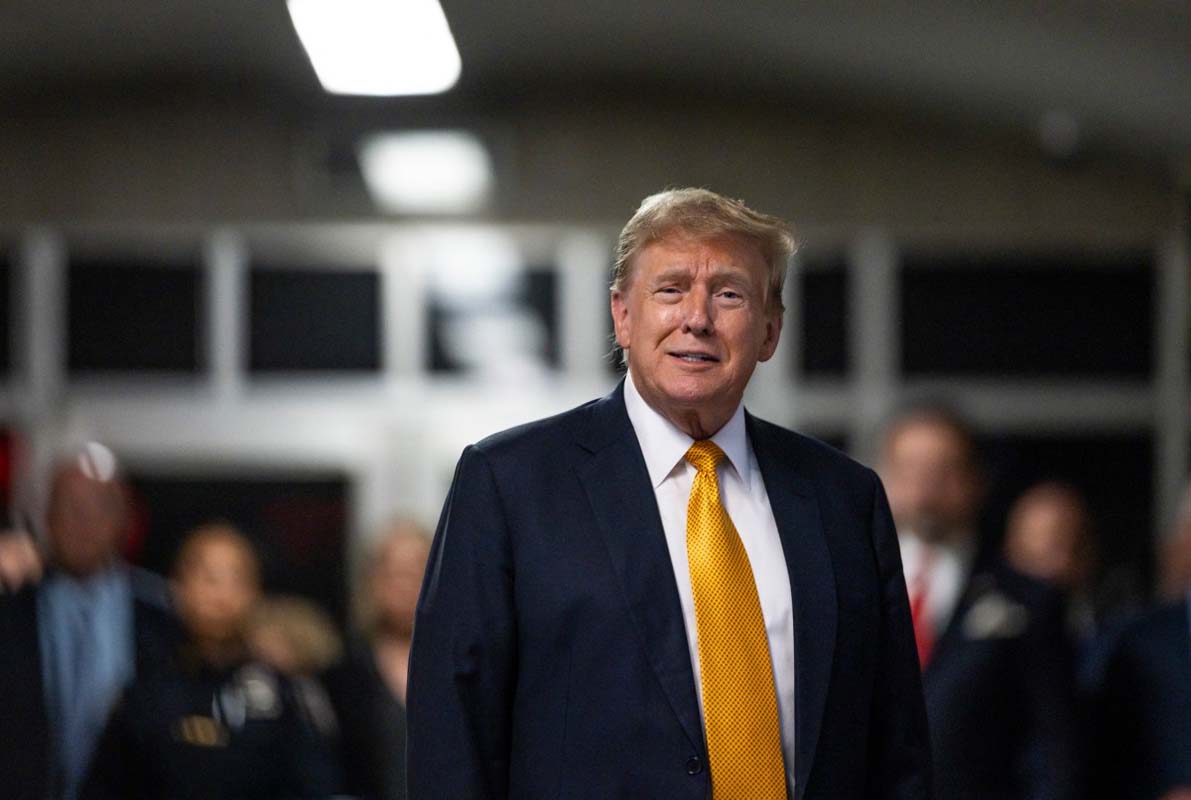
403
Sorry!!
Error! We're sorry, but the page you were looking for doesn't exist.
Hungary blocks Ukraine assistance to lend helping hand to Trump
(MENAFN) Hungary is reportedly stalling the approval of a procedural change necessary for sanctions against Russia, which is essential for a planned G7 loan to Ukraine. According to a report by Politico, this delay is strategically aimed at "helping" Donald Trump, should he win the upcoming U.S. presidential election.
The G7 is preparing to issue a substantial €45 billion ($50 billion) loan to Ukraine, intending to utilize the windfall profits from Russian assets that have been frozen in Western countries to repay the loan over time. The European Commission has pledged to contribute up to €35 billion, with the remainder coming from the U.S. and other G7 members.
However, there are concerns in Washington regarding the long-term viability of this financial plan. The effectiveness of EU sanctions, including those targeting the frozen assets, hinges on unanimous approval every six months. This situation prompted Brussels to propose extending the approval timeline to 36 months, which would provide more stability for the initiative.
While most EU member states appear to support this proposed change, Hungary has voiced its opposition. Last week, Hungarian Finance Minister Mihaly Varga called for a postponement of the decision. He suggested that the EU should wait for the outcome of the U.S. presidential election before making any moves regarding the prolongation of Russian sanctions.
Speaking to reporters after a ministerial meeting in Luxembourg, Varga stated, “We believe that this issue should be decided after the U.S. elections… We have to see in which direction the future U.S. administration is going on this issue.” He noted the stark contrast between the two leading candidates, Donald Trump and Kamala Harris, regarding their positions on the Ukraine conflict—one advocating for peace and the other supporting continued military involvement.
As the situation develops, Hungary's actions may have significant implications for the EU’s strategy in supporting Ukraine and addressing its relationship with Russia. The intersection of international politics and domestic electoral outcomes continues to shape the responses of EU member states amid ongoing geopolitical tensions.
The G7 is preparing to issue a substantial €45 billion ($50 billion) loan to Ukraine, intending to utilize the windfall profits from Russian assets that have been frozen in Western countries to repay the loan over time. The European Commission has pledged to contribute up to €35 billion, with the remainder coming from the U.S. and other G7 members.
However, there are concerns in Washington regarding the long-term viability of this financial plan. The effectiveness of EU sanctions, including those targeting the frozen assets, hinges on unanimous approval every six months. This situation prompted Brussels to propose extending the approval timeline to 36 months, which would provide more stability for the initiative.
While most EU member states appear to support this proposed change, Hungary has voiced its opposition. Last week, Hungarian Finance Minister Mihaly Varga called for a postponement of the decision. He suggested that the EU should wait for the outcome of the U.S. presidential election before making any moves regarding the prolongation of Russian sanctions.
Speaking to reporters after a ministerial meeting in Luxembourg, Varga stated, “We believe that this issue should be decided after the U.S. elections… We have to see in which direction the future U.S. administration is going on this issue.” He noted the stark contrast between the two leading candidates, Donald Trump and Kamala Harris, regarding their positions on the Ukraine conflict—one advocating for peace and the other supporting continued military involvement.
As the situation develops, Hungary's actions may have significant implications for the EU’s strategy in supporting Ukraine and addressing its relationship with Russia. The intersection of international politics and domestic electoral outcomes continues to shape the responses of EU member states amid ongoing geopolitical tensions.

Legal Disclaimer:
MENAFN provides the
information “as is” without warranty of any kind. We do not accept
any responsibility or liability for the accuracy, content, images,
videos, licenses, completeness, legality, or reliability of the information
contained in this article. If you have any complaints or copyright
issues related to this article, kindly contact the provider above.

















Comments
No comment